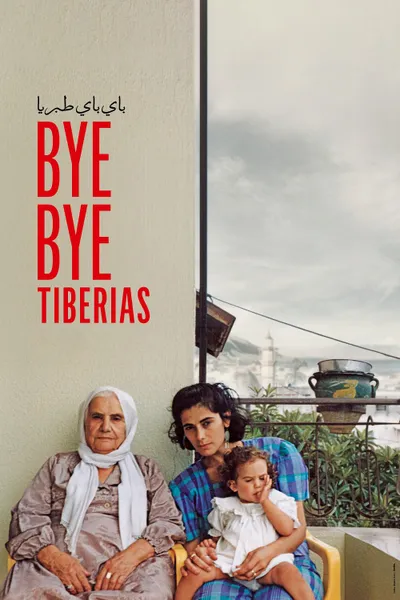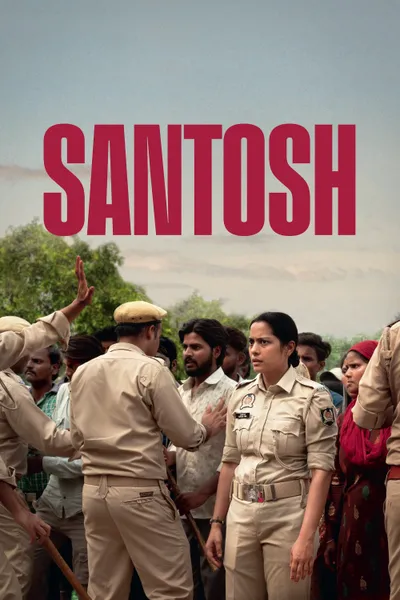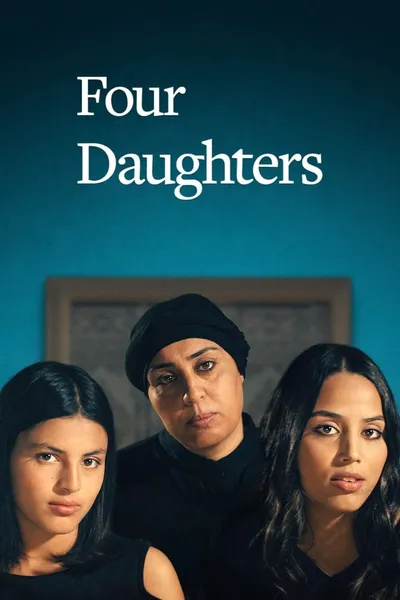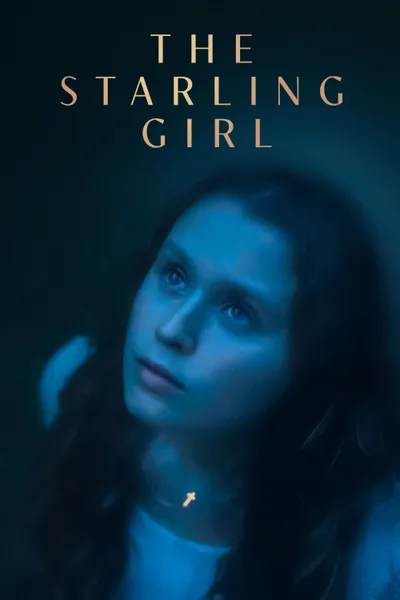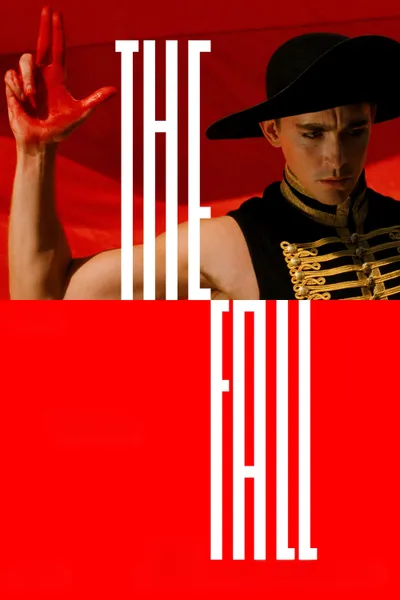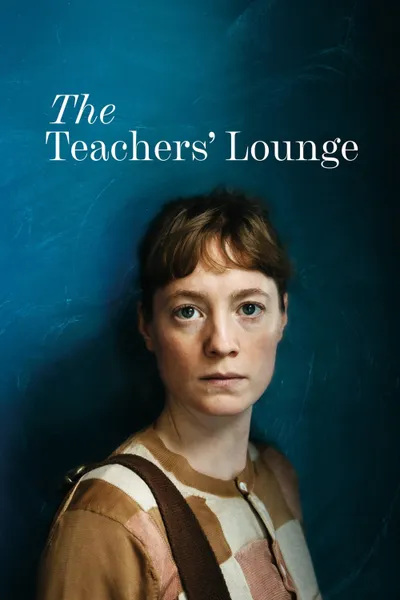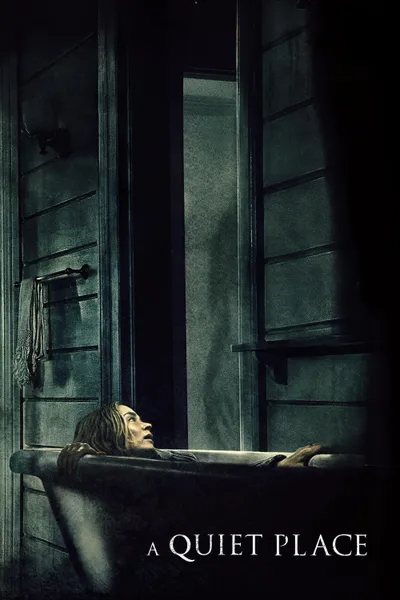Reviews
Brent Marchant
October 18, 20236.0
Memorializing one’s family history is an exercise that can provide a valuable record of our relatives’ past and establish the legacy that has carried through the years to the present day. It can also teach us much about what distinguishes one’s kindreds in terms of their characteristics, accomplishments and values. The impact of that can be quite revelatory, too, producing a chronicle of inspiring insights and profound achievements of one’s relations, especially those that emerged in the face of challenge, adversity and cultural limitations. In her second documentary feature, director Lina Soualem has sought to capture a loving record of those qualities in this highly personal film that charts the lives of four generations of her family’s women, including herself, her mother (Emmy-nominated actress Hiam Abbass), her grandmother and her great-grandmother. The picture primarily follows the experiences of the filmmaker’s three ancestral generations during their lives in their Palestinian homeland from the days of the creation of Israel in 1948 to the time of Abbass’s emigration to France, where she began her acting career and gave birth to her daughter. In doing so, the film juxtaposes the family’s individual history with that of the larger cultural backdrop against which their story is set. It also provides viewers with a look at the actress’s return to Palestine with her daughter after a prolonged absence, a time of remembrance and reflection. As touching and uplifting as this story can be, however, there are times when it starts to play more like a highly polished home movie than a theatrical documentary. It also would have benefitted from a deeper look at the historical back story and how its events helped shape the lives of these courageously determined women. That’s particularly true in the wake of recent developments (even though this film was made before them), given that the inclusion of such background material would have leant a more profound understanding to the longstanding prevailing circumstances in Palestine and the role that they played in the unfolding of this family’s story. Moreover, the film seems to puzzlingly downplay Abbass’s career accomplishments, achievements that marked a key turning point in the family’s history, one specifically inspired by her yearning to leave the “suffocating” conditions of life in her homeland. Soualem certainly deserves kudos for her attempt to deftly mesh personal and cultural considerations in this film, her heart clearly in the right place. However, the overall mix doesn’t quite gel as well as it could have, leaving viewers with a story that may be moving and poetic but that somehow feels somewhat incomplete. Perhaps that comes from being too close to the material, no matter how sincere one’s intents might be – and how earnestly one wants to see those goals fulfilled.
Recommendation Movies
Holy Cow2024
Santosh2024
La traversée2022
Four Daughters2023
Black Tea2024
The Starling Girl2023
Stolen2024
The Fall2006
The Teachers' Lounge2023
Kingdom of the Planet of the Apes2024
Civil War2024
Poor Things2023
Avengers: Endgame2019
Oppenheimer2023
The Tomorrow War2021
A Quiet Place2018
Parasite2019
Godzilla Minus One2023
Baby Driver2017
The Gentlemen2020
© 2025 MoovieTime. All rights reserved.Made with Nuxt
